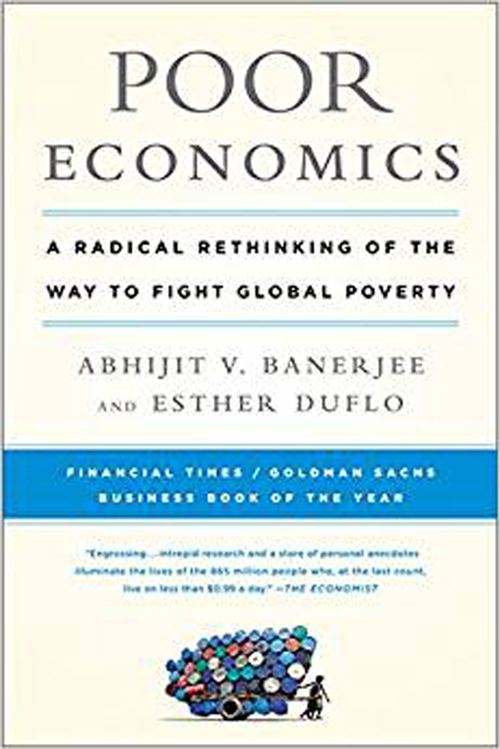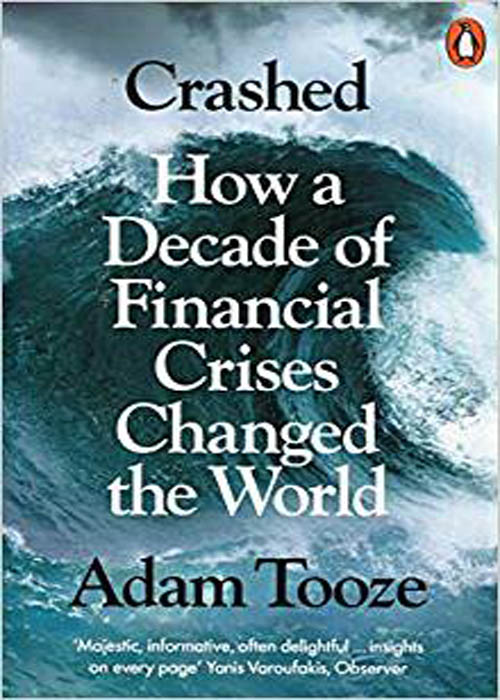ECB Has $51 Billion Fund Questioning Future of Inflation Hedging
The European Central Bank’s latest round of easing sent a signal to institutional investors that their inflation hedges may be growing more pointless by the day. In the northernmost corner of the euro zone, a $51 billion pension fund says ECB President Mario Draghi isn’t giving his industry much hope that things will improve. “So far, the less you’ve hedged, the better off you’ve been,” Reima Rytsola, the chief investment officer of Varma Mutual Pension Insurance Co., said in...





